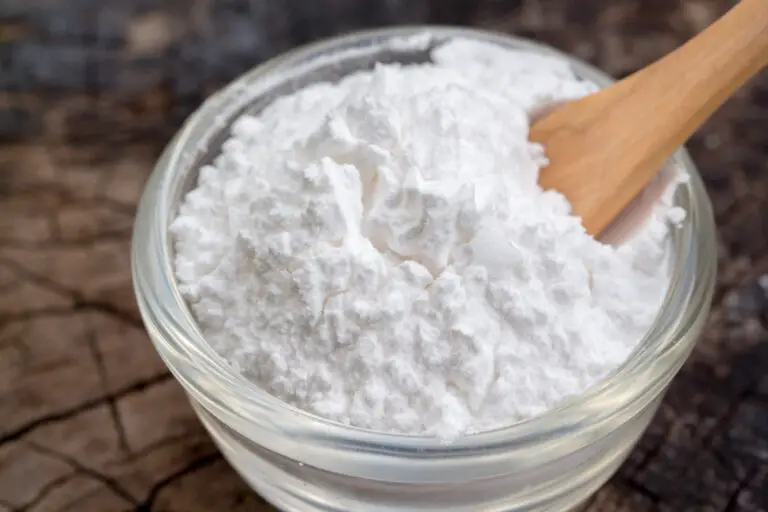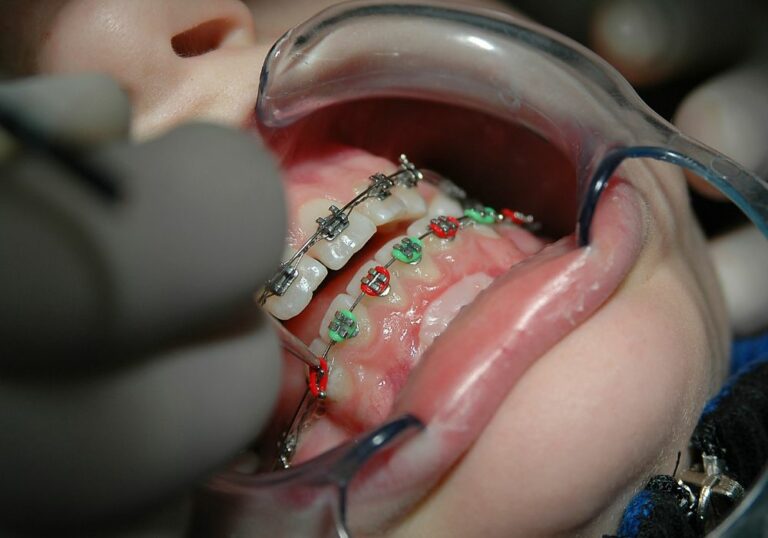If you have a rotten tooth, you may be wondering if it can affect your other teeth. The answer is yes, it can. A rotten tooth is a sign of decay and infection that can spread to other teeth if left untreated. In this article, we will explore how one rotten tooth can affect others and what you can do to prevent it.
When a tooth is rotten, it means that the enamel has been compromised and bacteria have penetrated the tooth’s surface. This can cause a cavity, which is a hole in the tooth that can grow larger over time. If the cavity is not treated, it can spread to the root of the tooth and cause an infection. This infection can then spread to the surrounding teeth and gums, leading to more decay and infection.
If you have a rotten tooth, it’s important to seek dental treatment right away. Your dentist can assess the tooth and determine the best course of action to prevent the decay and infection from spreading to other teeth. In some cases, a root canal or tooth extraction may be necessary. By taking care of your dental health, you can prevent one rotten tooth from affecting the rest of your smile.
Understanding Dental Decay
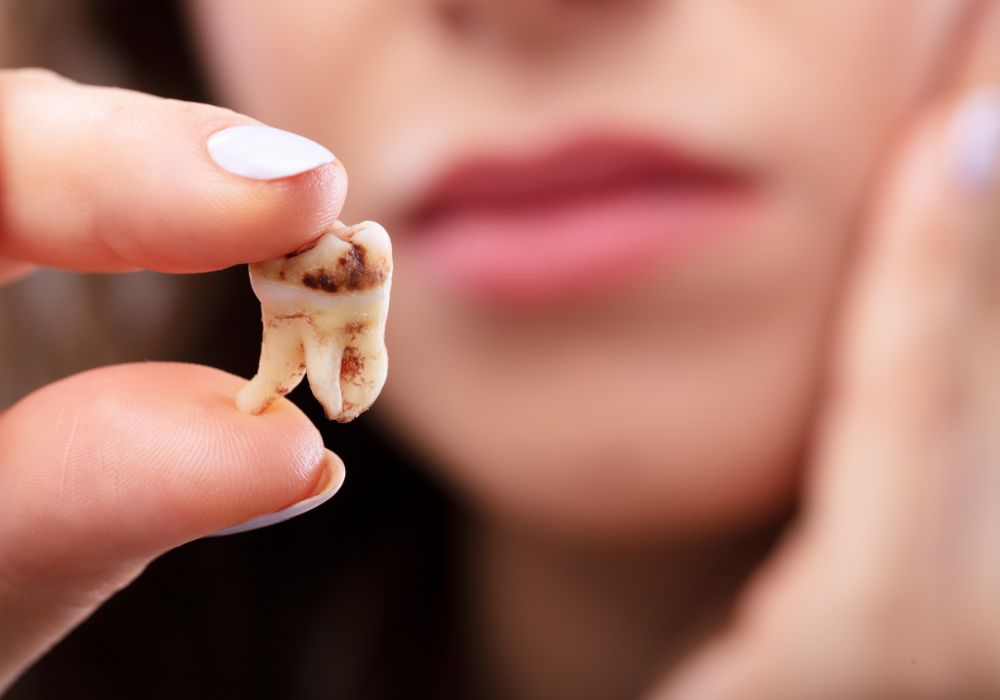
If you have a rotten tooth, you may be wondering if it can affect the health of your other teeth. Dental decay is a common problem that can lead to tooth loss and other health issues. Understanding the causes, symptoms, and signs of tooth decay can help you take steps to prevent it and protect your oral health.
Causes of Tooth Decay
Tooth decay occurs when bacteria in your mouth produce acid that erodes the enamel on your teeth. This can happen when you consume sugary or starchy foods and drinks that feed the bacteria in your mouth. The acid produced by the bacteria can also cause cavities and other dental problems.
Other factors that can contribute to tooth decay include poor oral hygiene, dry mouth, and certain medical conditions or medications. If you have a history of dental problems or are at risk for tooth decay, it’s important to take steps to protect your teeth and gums.
Symptoms and Signs
The symptoms and signs of tooth decay can vary depending on the severity of the problem. In the early stages, you may not notice any symptoms at all. As the decay progresses, you may experience:
- Sensitivity to hot or cold temperatures
- Pain or discomfort when biting or chewing
- Discoloration or darkening of the tooth
- Visible pits or holes in the tooth
If you experience any of these symptoms, it’s important to see a dentist as soon as possible. Your dentist can diagnose the problem and recommend treatment options to help restore your oral health.
In conclusion, dental decay is a serious problem that can affect the health of your teeth and gums. By understanding the causes, symptoms, and signs of tooth decay, you can take steps to prevent it and protect your oral health.
How a Rotten Tooth Affects Others
If you have a rotten tooth, it’s important to get it treated as soon as possible. Not only can a rotten tooth cause pain and discomfort, but it can also affect other teeth and your overall oral health. Here are some ways a rotten tooth can affect others:
Spread of Bacteria
A rotten tooth can harbor harmful bacteria that can spread to other parts of your mouth and even to other people. Bacteria can enter your bloodstream through your gums, causing infections and other health problems. It’s important to practice good oral hygiene, such as brushing twice a day and flossing daily, to prevent the spread of bacteria.
Impact on Adjacent Teeth
A rotten tooth can also impact the health of adjacent teeth. If the decay spreads to the root of the tooth, it can affect the surrounding teeth and cause them to become infected as well. Additionally, a rotten tooth can cause shifting of adjacent teeth, leading to misalignment and other dental problems.
Effect on Overall Oral Health
A rotten tooth can have a negative impact on your overall oral health. If left untreated, it can lead to gum disease, which has been linked to systemic infections that impact the whole body. Additionally, a rotten tooth can cause bad breath and affect your ability to eat and speak properly.
In summary, a rotten tooth can cause a variety of problems for your oral health. It’s important to get it treated as soon as possible to prevent the spread of bacteria, impact on adjacent teeth, and negative effect on your overall oral health.
Preventing Tooth Decay
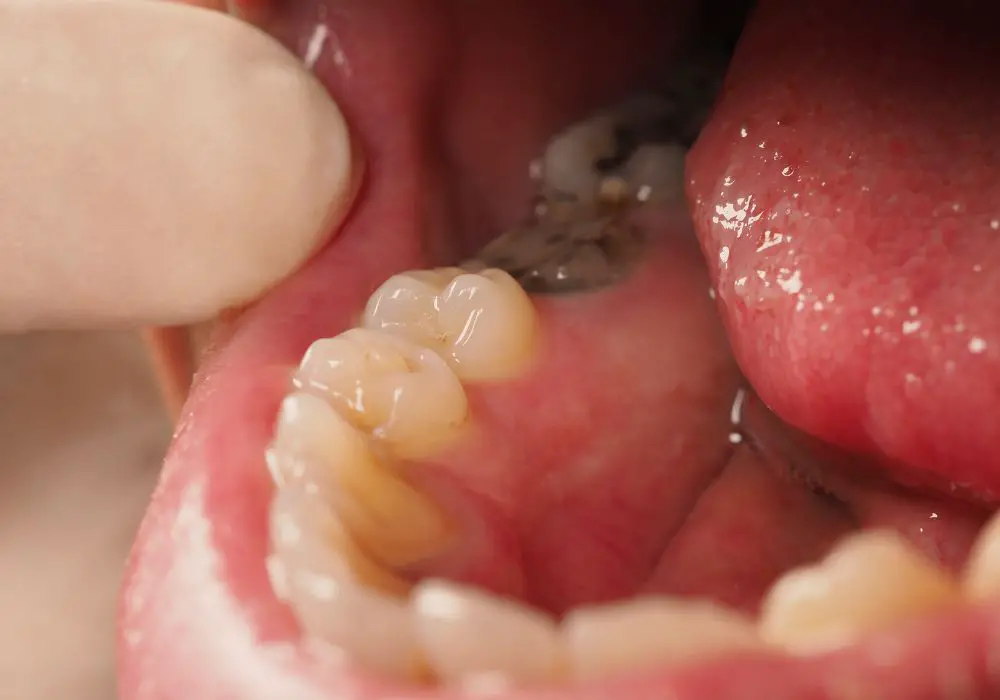
Tooth decay is a common dental problem that can lead to serious consequences if left untreated. However, it is preventable with proper oral care. Here are some tips to prevent tooth decay:
Daily Oral Hygiene
Brushing your teeth twice a day and flossing at least once a day can help prevent tooth decay. Use a fluoride toothpaste to strengthen your teeth and remove plaque. Make sure to brush all surfaces of your teeth, including the back of your mouth and your tongue. Flossing removes food particles and plaque from between your teeth and under your gumline.
In addition to brushing and flossing, you can also use mouthwash to kill bacteria and freshen your breath. Choose a mouthwash that contains fluoride to help prevent tooth decay.
Regular Dental Check-ups
Regular dental check-ups are essential for preventing tooth decay. Your dentist can detect early signs of decay and treat them before they become serious. During your check-up, your dentist will also clean your teeth and remove any plaque or tartar buildup.
Your dentist may also recommend dental sealants, which are thin coatings that protect your teeth from decay. Dental sealants are usually applied to the back teeth, where decay is most common.
In conclusion, preventing tooth decay requires daily oral care and regular dental check-ups. By following these simple steps, you can maintain healthy teeth and gums and avoid serious dental problems.
Treatment Options for Rotten Teeth
If you have a rotten tooth, it is important to seek treatment as soon as possible to prevent further damage to your teeth and gums. There are several treatment options available for rotten teeth, depending on the severity of the decay and damage. Here are some of the most common treatment options:
Fillings and Crowns
If the decay is caught early, your dentist may recommend a filling to repair the damaged tooth. Fillings are made of materials like amalgam or composite resin and are used to fill the cavity left by the decay. If the decay has caused significant damage to the tooth, your dentist may recommend a crown instead. Crowns are caps that are placed over the damaged tooth to protect it and restore its shape and function.
Root Canal Therapy
If the decay has spread to the pulp inside the tooth, you may need a root canal. During a root canal, your dentist will remove the infected pulp and clean out the inside of the tooth. They will then fill the tooth with a special material and seal it with a filling or crown. Root canal therapy can help save a severely damaged tooth from extraction.
Tooth Extraction
In some cases, a rotten tooth may be beyond repair and will need to be extracted. Tooth extraction is a last resort option and is only recommended if the tooth cannot be saved. Your dentist will carefully remove the damaged tooth and may recommend a dental implant or bridge to replace the missing tooth.
It is important to remember that prevention is the best way to avoid rotten teeth. Brush and floss your teeth regularly, avoid sugary and acidic foods, and visit your dentist for regular cleanings and check-ups. If you do develop a rotten tooth, seek treatment as soon as possible to prevent further damage.
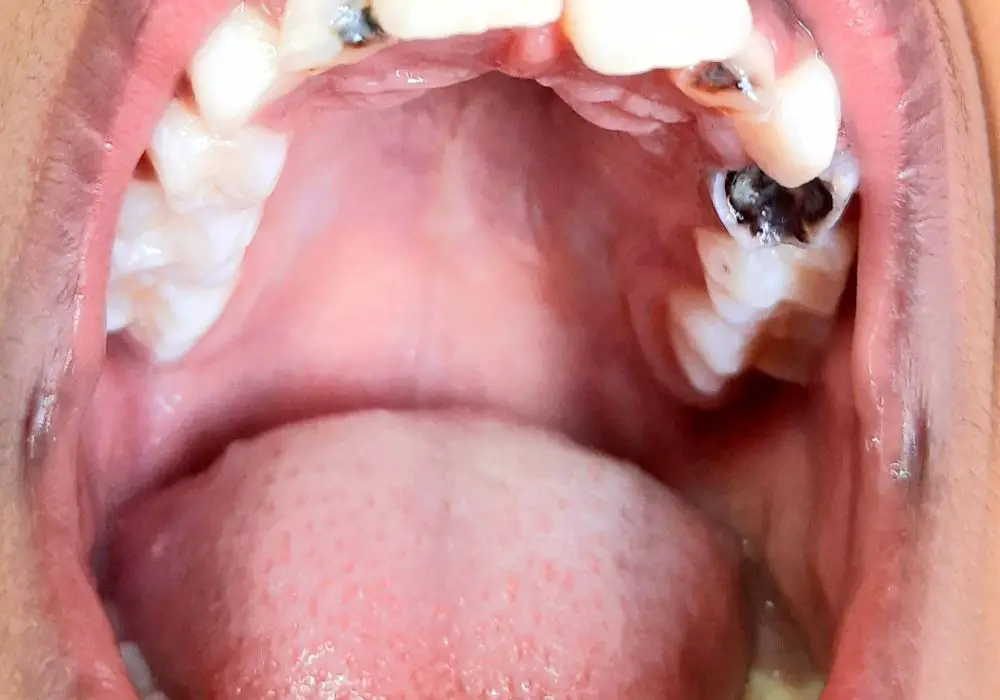
Frequently Asked Questions
How does tooth decay spread to other teeth?
Tooth decay can spread to other teeth if left untreated. The bacteria that cause tooth decay can easily spread to neighboring teeth through the saliva. The bacteria can then start to break down the enamel on the neighboring teeth, causing decay to spread.
What are the symptoms of tooth decay spreading?
The symptoms of tooth decay spreading can include sensitivity to hot or cold temperatures, pain when biting down, and visible signs of decay such as discoloration or holes in the teeth. If you experience any of these symptoms, it is important to see a dentist as soon as possible to prevent further damage.
Can cavities spread to other teeth?
Yes, cavities can spread to other teeth if they are left untreated. The bacteria that cause cavities can easily spread to neighboring teeth through the saliva, causing decay to spread.
Is it possible for a rotten tooth to affect neighboring teeth?
Yes, a rotten tooth can affect neighboring teeth if the decay is left untreated. The bacteria that cause tooth decay can easily spread to neighboring teeth through the saliva, causing decay to spread.
Can tooth decay spread to the jaw?
Yes, if left untreated, tooth decay can spread to the jawbone. This can lead to a serious infection known as a dental abscess, which can be very painful and require immediate treatment.
What are the risks of leaving a rotten tooth untreated?
Leaving a rotten tooth untreated can lead to a number of serious health risks, including gum disease, tooth loss, and even infections that can spread to other parts of the body. It is important to see a dentist as soon as possible if you suspect that you have a rotten tooth.

